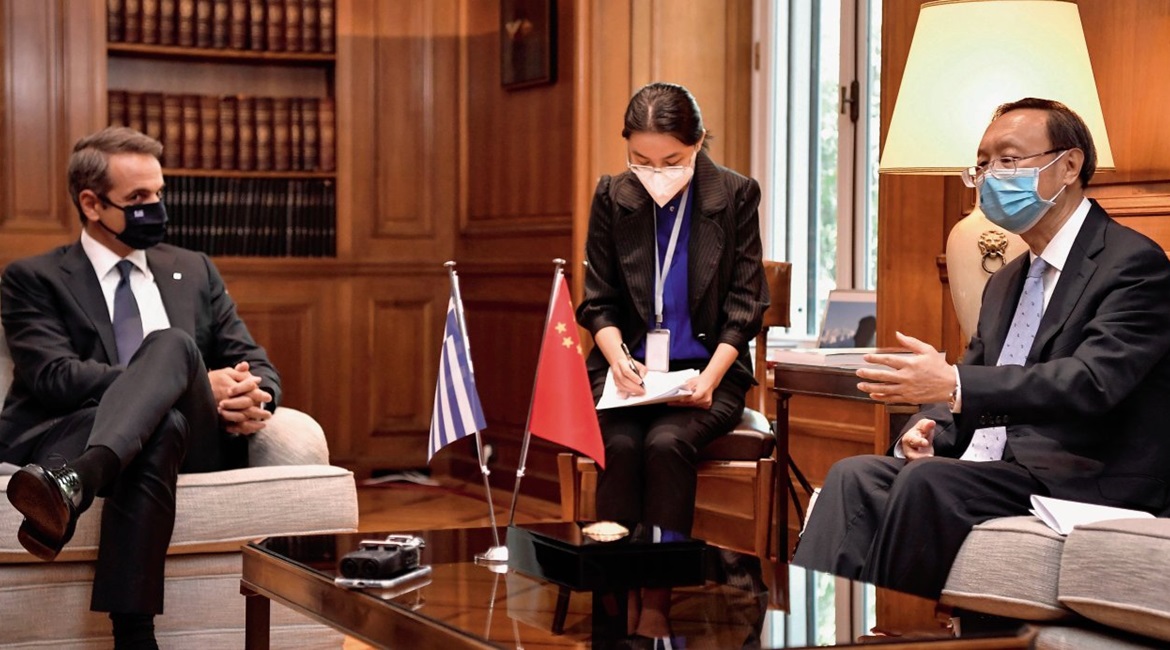
Reports of the death of the Belt and Road Initiative (BRI) have been greatly exaggerated. Two high-profile tours of Europe by China’s top diplomats in a few days highlighted Beijing’s continued desire to build influence through investment, and in particular the BRI. Politburo member Yang Jiechi visited Greece and Spain on 3–5 September and Chinese Minister of Foreign Affairs Wang Yi spent a week visiting France, Germany, Italy, the Netherlands, and Norway from 25 August.
In Greece, Yang pledged alongside Prime Minister Kyriakos Mitsotakis to further develop BRI in the country; Wang and his Italian counterpart, Luigi di Malo, also noted that both sides would “push for new progress in important co-operation projects within the framework of the BRI”. Italy was the first G7 state to sign up to the BRI through a memorandum of understanding (MoU) in June 2019.
The focus on the BRI demonstrates that Beijing is still eager to frame its relations with a range of states within the BRI. This does not mean that the BRI is healthy. The Covid-19 pandemic has ravaged the global economy – while also causing untold human suffering – and has undermined growth paths and investment strategies. The BRI relies heavily, although not exclusively, on Chinese investment overseas, and there has been a reduction in both demand and supply. This investment was already declining before the pandemic and this has been exacerbated by Covid-19’s economic consequences.

Director of the Central Foreign Affairs Commission of the Chinese Communist Party Yang Jiechi (right) meets Greek Prime Minister Kyriakos Mitsotakis (left) in Athens on 4 September 2020. In Europe, China’s Belt and Road Initiative has found particular uptake in the countries of the Balkan region. (Louisa Gouliamaki/AFP via Getty Images)
Looking to read the full article?
Gain unlimited access to Janes news and more...






